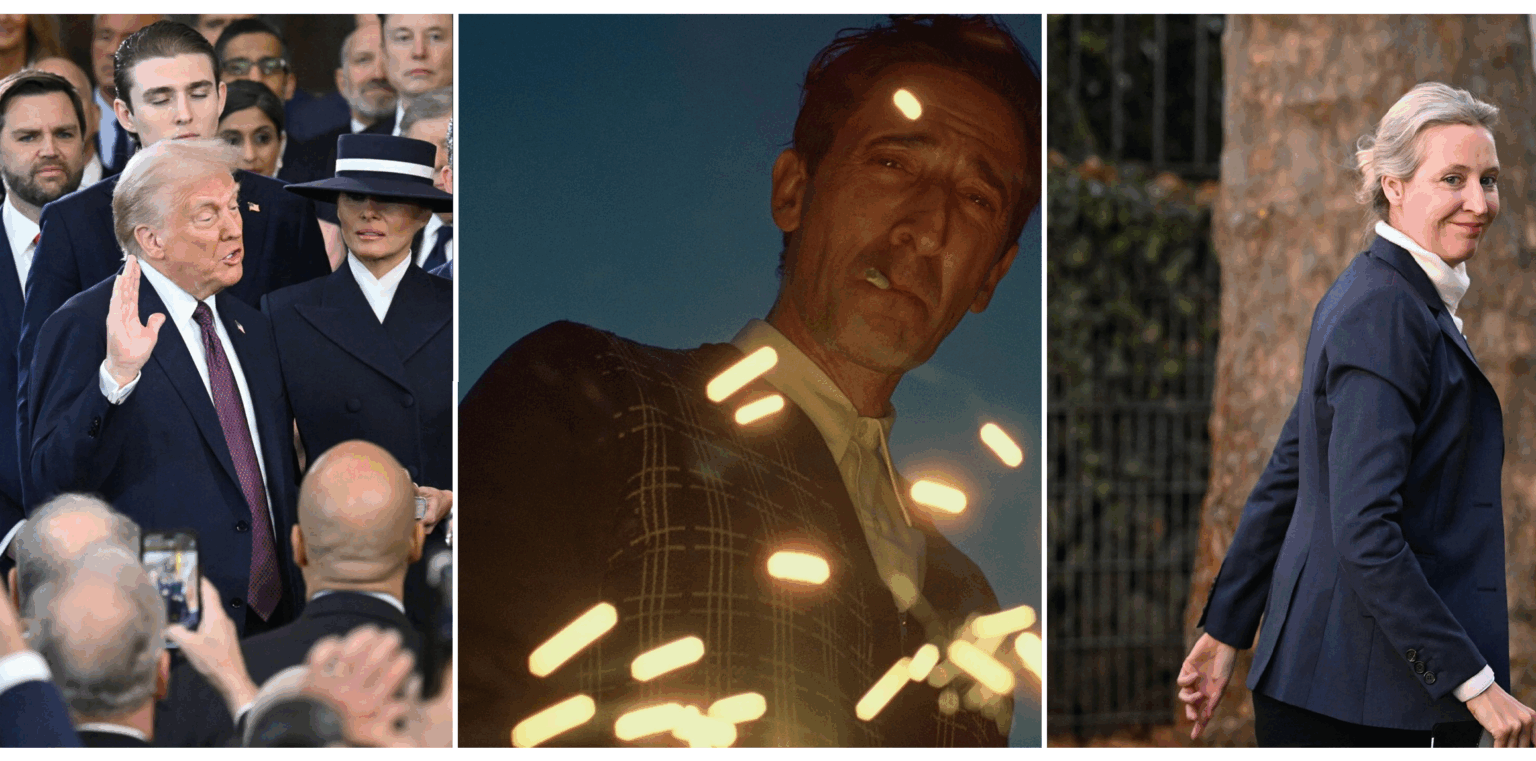
The old year has just passed, so, in an effort to reflect on all that happened in the eventful year of 2025, here are the stories that you, our readers, have found the most compelling based on the amount of traffic they received. We hope you enjoy our compilation, and Happy New Year to everyone!

As Britain slides further into Labour-led authoritarianism, free speech is rapidly fading away—unless protestors are shouting about Palestine.

‘Winter hiking is in a category of its own. Not only because mountain lovers should only embark on it if they are well prepared, but also because—especially in snowy periods—we enter an almost mystical wonderland.’
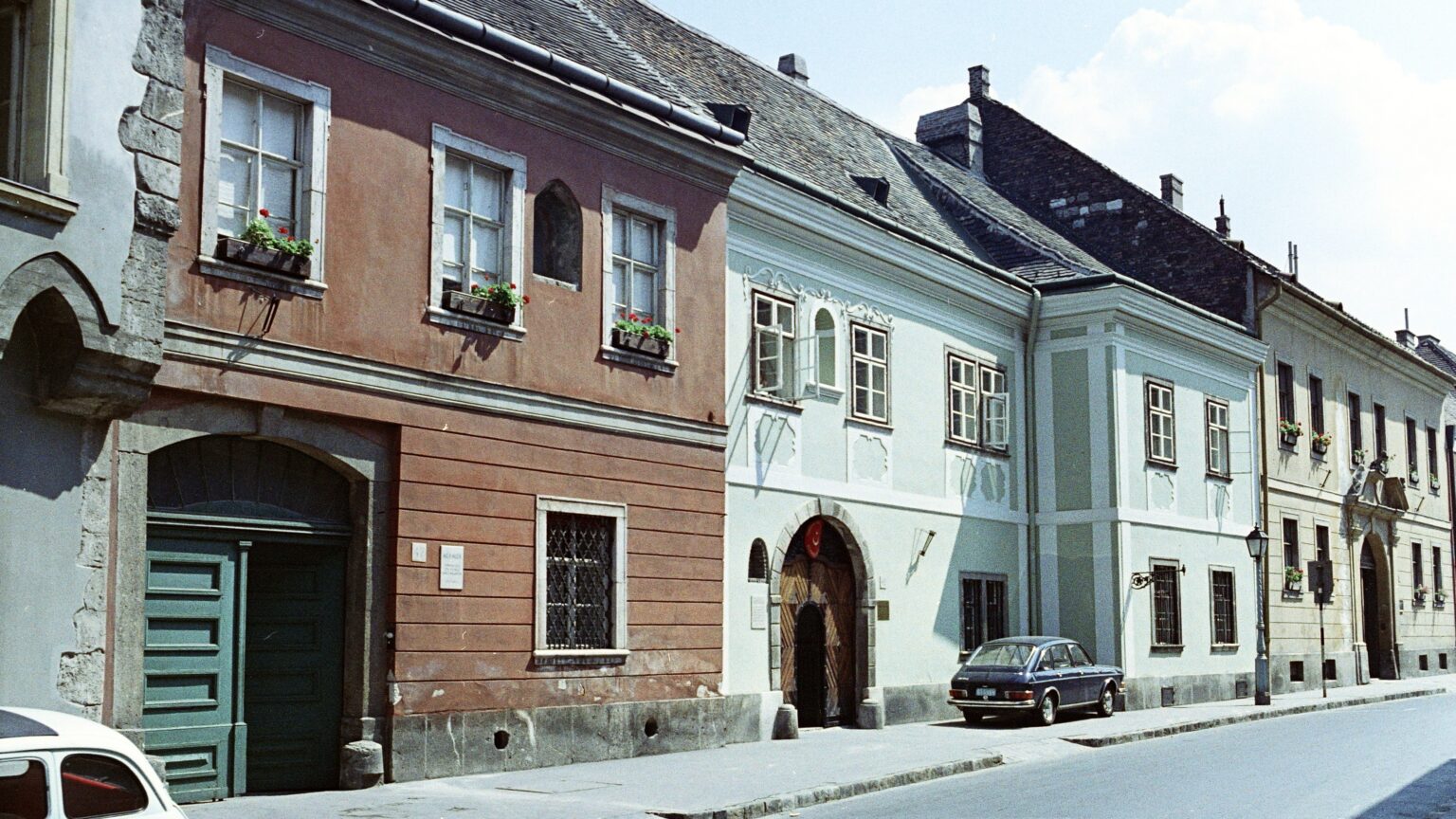
‘From 1974 to the late 1980s, Hungary’s state security closely monitored the Turkish embassy at 45 Úri Street in the Buda Castle, keeping tabs on diplomats, their residences, and even personal correspondence. Newly examined documents reveal how counterintelligence observed NATO diplomats, highlighting both the meticulous methods of the secret services and the routine nature of embassy life.’

All three major US stock indices—the Dow Jones, the S&P 500, and the NASDAQ Composite—returned more this year, with President Trump back in office, than their respective average annual gains in the four years under President Joe Biden. The primary stock index Dow Jones is up 14.32 per cent year-to-date, with two more trading days left on the calendar.

2025 is likely to be remembered as the year the post–Cold War order finally collapsed. From Donald Trump’s return to the White House and his America First diplomacy to the erosion of liberal institutions, trade realignment and the retreat of woke ideology, the foundations of a multipolar world have decisively taken shape.

Russia’s claim that Ukraine attempted a drone attack on President Vladimir Putin’s residence has cast a shadow over fragile peace talks just as negotiations appeared to be nearing a breakthrough. While Kyiv denies the allegation and Washington urges caution, the incident risks hardening positions in Moscow and derailing momentum towards a settlement.
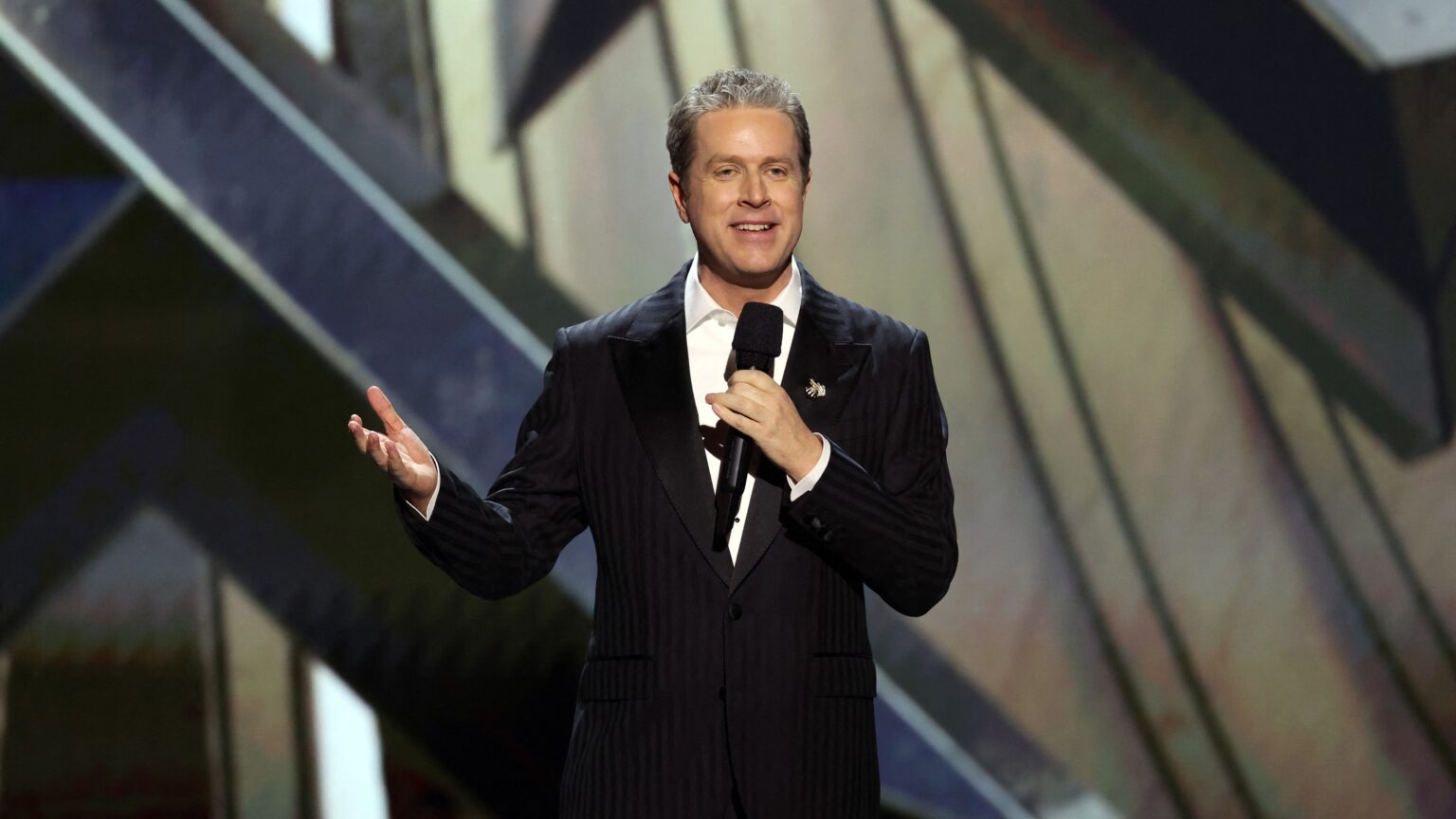
The Game Awards reached a new milestone in 2025, drawing a record 171 million global livestreams and confirming its status as the world’s most-watched video game event. Viewership rose sharply across platforms, driven by co-streaming, global distribution and major premieres.
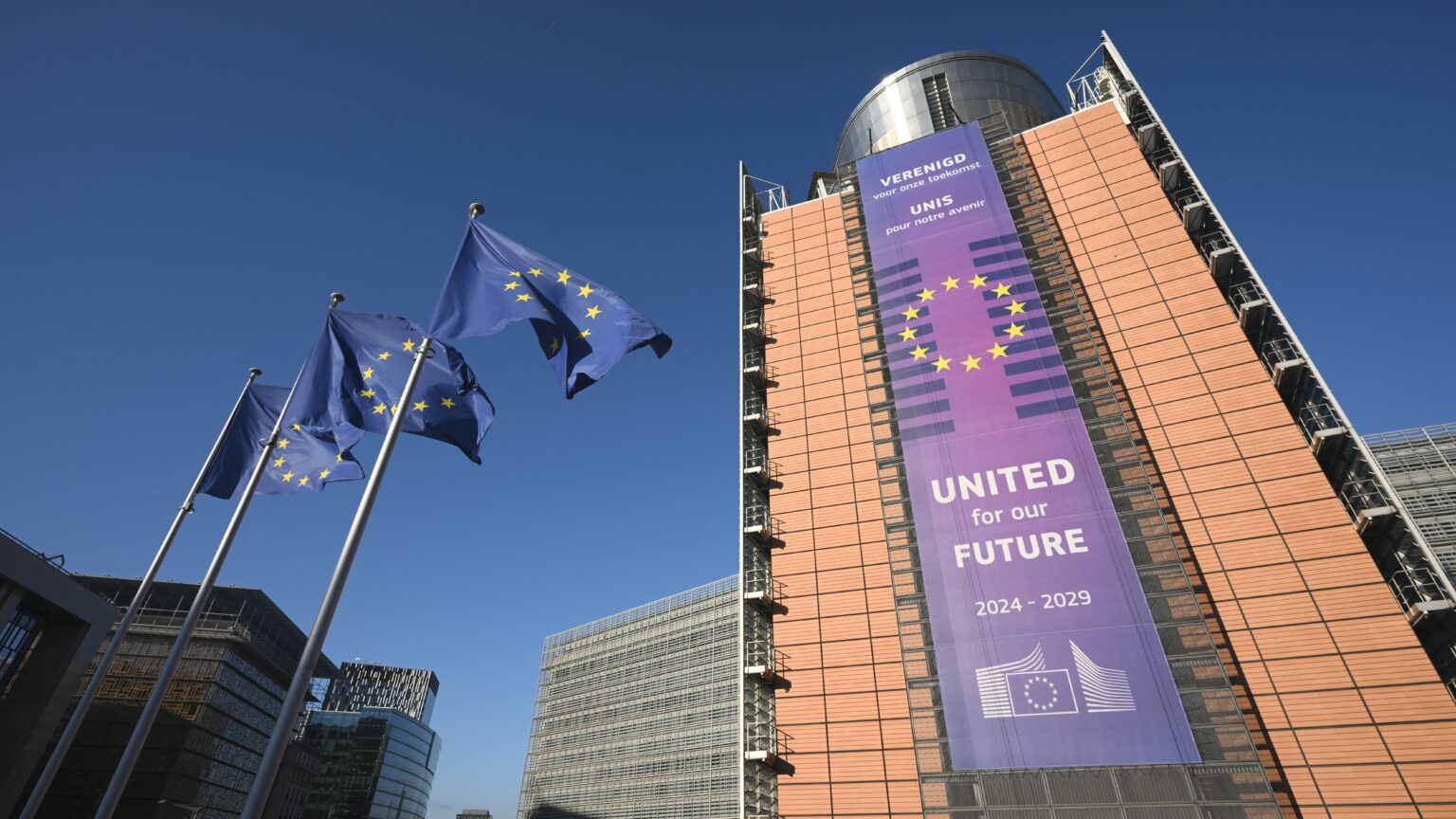
‘While a successful and prosperous EU is in the best interest of Budapest, unfortunately nothing illustrates what Europe has become in 2025 better than the National Security Strategy of the United States of America, which spoke of the “prospect of [Europe’s] civilizational erasure”.’

‘It isn’t easy to find proper intellectual work here. We talked with the Hungarian ambassador about work possibilities, and it came up that there were more and more Hungarian children in Tokyo, so perhaps I could try founding a Hungarian weekend school—there might be interest.’

Author Adam LeBor gives the Hungarian Conservative his list of must-read thrillers for this holiday season.

For generations, Christmas was not only a time of celebration but also of prediction. Folk traditions held that the weather during the holiday period revealed clues about the coming year’s harvest, summer conditions and overall prosperity.

‘The drinking of wine for social reasons is undeniably a trait of Jesus Christ Himself, as evident when at the Wedding at Cana…’

‘Although the first full year brought policy successes, the Commission has not yet been able to achieve any real success in any of the key areas. The extremely uncertain international political situation and the Commission’s declining authority as a result of its failures do not bode well for the future.’

In his first Christmas address, Pope Leo XIV expressed his hope that the parties in the Russo–Ukrainian war would ‘find the courage’ to start engaging in direct and sincere peace negotiations; and reminded all that while peace comes from the Lord, everyone should take on their own share of responsibility in creating it.

‘The leaders of the most successful small or medium-sized countries tend to be acutely aware of the dexterity required to maintain security…it seems very unlikely that they and others like them will get lost in their own imagination or succumb to the self-fulfilling fatalism of the postmodernist cosmopolitan mind that gave birth to the “end of history”, the “rules-based liberal international order”, and all the rest of that dangerous nonsense.’

‘The comical mercy the victorious mice show the cats makes Cat City the perfect watch with children this Christmas.’

‘On Christmas day in 1944 Hungary, illusion and reality collided. The promise of “liberation” or “redemption” was drowned out by violence, coercion, and fear on all sides. What survives of that Christmas are the testimonies, the fragmentary voices that reveal how ordinary lives were crushed between two brutal systems at the very moment meant for peace.’

The December issue of the National Film Institute’s series has been published, presenting the most important events captured on film in December 1925, including the record amount of snow that fell on Budapest a hundred years ago.

Jesus is the Christ in the flesh, the Son of God who became the saviour of mankind. This is what the Holy Scriptures say about him, and they also affirm that through Mary he became a blood descendant of Abraham, from the tribe of Judah and the line of King David. Thus, as an ethnically Jewish man, he fulfilled the Law and died for our sins.

Since Hungary is a landlocked nation in the heart of Europe, some of these Christmas traditions might be found in other countries.

It has become a tradition to hold an outdoor exhibition at Várkert Bazaar during Advent, which is in some way connected to the festive season. This year, a poster exhibition, evoking the atmosphere of winter celebrations in the communist era of the 1970s and 1980s, has been on display in Várkert Bazaar under the title The World of Retro Winters.

While shooting scenes for his new film, Alone at Dawn, in Budapest, Hungary, Oscar-nominated actor Adam Driver visited a concert at the Franz Liszt Academy of Music in his spare time. While this took place in November, the Academy did not share it until a few days ago.

Viktor Orbán says Hungary helped derail Brussels’s plan to use frozen Russian assets to finance Ukraine, crediting behind-the-scenes diplomacy and Belgium’s leadership in forming a blocking minority. He warned that asset seizure would provoke Russian retaliation and argued the decision spared Hungary heavy costs at a critical political moment.

Why does Germany react with moral panic to Washington’s 2025 National Security Strategy, a document clarifying national interests while exposing Europe’s civilizational erosion, strategic weakness, and German political culture that treats realism as illegitimate, borders as taboo, and national interests as extremism, revealing Germany’s inability to act as a nation?

France is lobbying Berlin to approve a Russian-linked nuclear fuel project in Germany, with Macron himself applying diplomatic pressure behind the scenes. The initiative cuts against the EU’s REPowerEU strategy and signals that key member states are quietly planning for economic normalization once the war ends.

Black Friday bargains largely failed to materialize for PC buyers this year, as soaring component prices pushed computer costs sharply higher. Memory modules in particular surged, adding up to 10–20 per cent to final prices and threatening further increases across electronics.
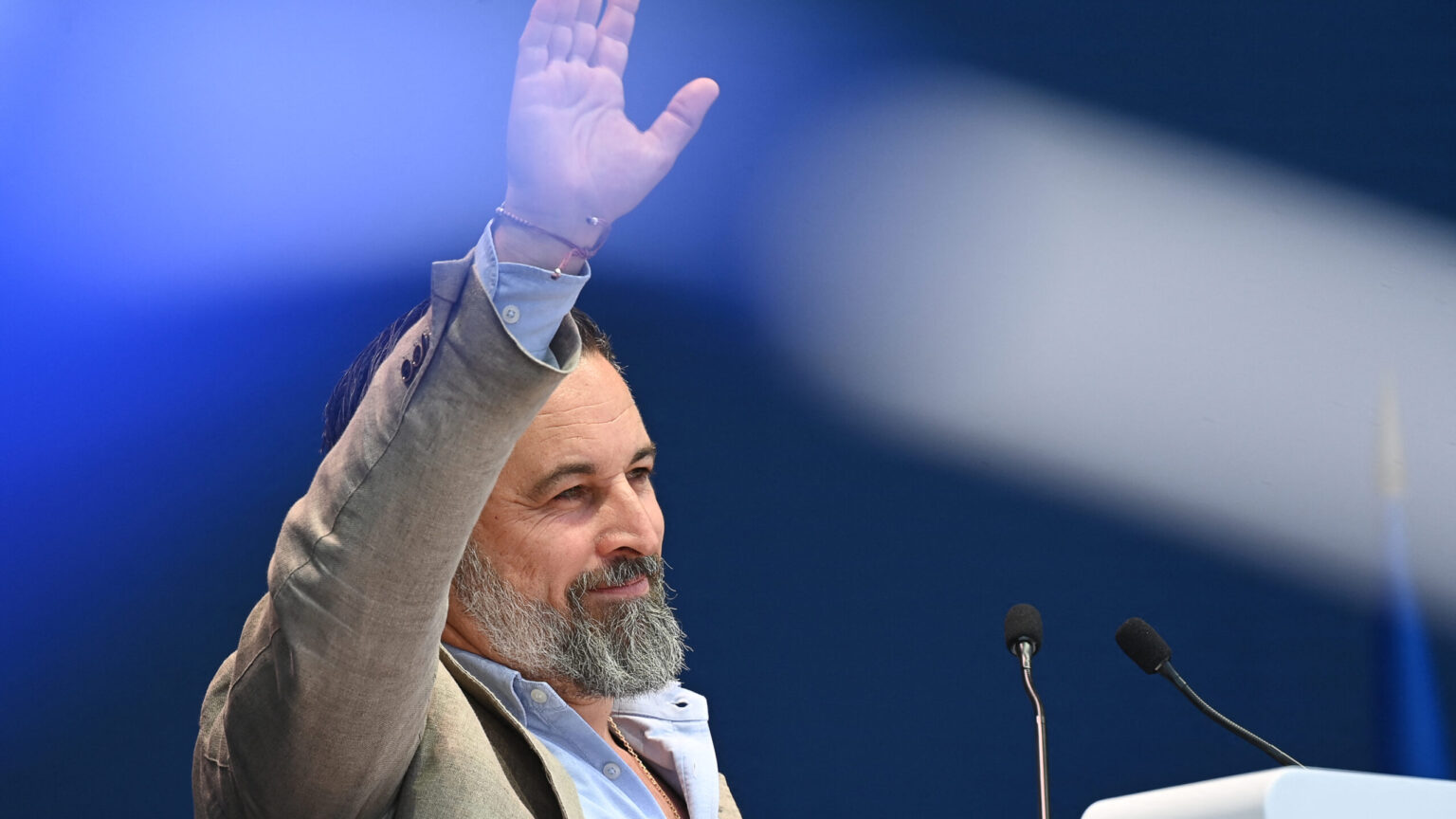
Spain’s regional election in Extremadura has delivered a major breakthrough for Vox, which doubled its seats and entrenched itself as a decisive force in a former Socialist stronghold. The surge benefits a close political ally of Viktor Orbán and underscores the expanding reach of the Patriots for Europe alliance within national and regional politics.

Europe stands at a crossroads between a Brussels-led war path and Hungary’s logic of peace, the Center’s Miklós Szánthó wrote in a Facebook post. He warned that sanctions, debt, and prolonged conflict threaten Europe’s economy, arguing that only Viktor Orbán and Hungary’s pro-peace right can keep the country out of war.

A shocking assault on a 75-year-old Jeanette Marken in Seattle has reignited accusations of selective silence in Western mainstream media. Footage shows a known career criminal brutally attacking the victim, yet major outlets have largely avoided coverage, prompting comparisons to earlier cases where politically inconvenient crimes were downplayed or ignored.